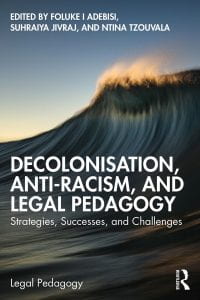Beth Kirkland of Law for Life and Hilary Woodward, Honorary Senior Research Fellow, on behalf of the Pension Advisory Group
Back in 2014 the Nuffield Foundation funded the first empirical study of the use of pension sharing orders within divorce proceedings in England and Wales. The findings of that study were illuminating. The researchers found a widespread lack of confidence amongst practitioners on the issue of pensions on divorce. Close examination of a random selection of court files showed poor quality pension disclosure, unclear or inadequate valuations of the pensions that were disclosed, and a substantial proportion of potentially irrational or unfair outcomes. (more…)










